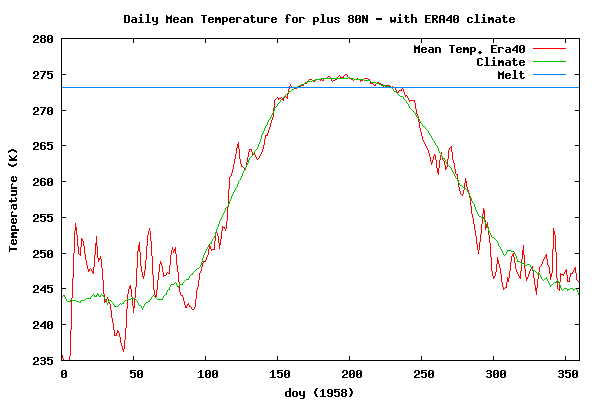Don't tell anyone but the low sea ice extent was do to a really powerful storm that broke up the sea ice. Since then it is growing at record levels...And as you can see in the photo of the three subs at the North Pole back in 1987....that won't be happening again any time soon.
But don't tell anyone OK...
Wonderful, wonderful posting - absolutely laugh out loud funny!
I think we've just established that your claims to be a scientist are more likely to refer to Astrology or Tarot than Geography of Physics!!
Im confused by your post. are you saying that the storms and wind werent a major factor in ice loss this summer? or do you disbelieve that the Arctic Ocean is icing up at the fastest rate since they have been tracking it? or do you just have a problem with the anecdotal photo of the subs?

